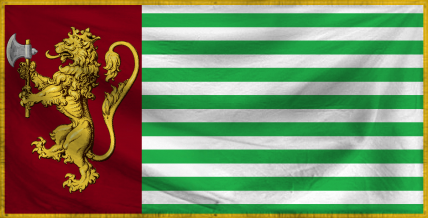The Once and Future Queen
The Monarchy has always been the heart and soul of the British Nation. From the majestic prestige of our Monarchs during the height of the British Empire, to the quiet sense of duty exhibited by George VI during a decade of conflict, to the dignified defiance of Elizabeth II during the darkest days of our history, right up until the very end. The False King is neither our heart or our soul; no one from the continent could ever hope to understand our people, or our ways, or the sacrifice that we have been compelled to make over the past two decades. The False King might sully Buckingham Palace, Sandringham and Windsor with his presence, and his Prime Minister might sit in Whitehall and dictate our fates, but they can never claim to truly represent us. Standing against them we have a young woman of Royal blood, who has been in exile from her own nation for her own safety after the death of her entire family; if there is anyone who can understand our sacrifice it is her. Having undergone naval training at the Layartebian Naval Academy she knows all too well how to do her duty.
Elizabeth Windsor is our Queen, by right of blood and by right of law, and by the best interests of the British people.
-Sir William Churchill, Speech to Britain, 1 June 2017






